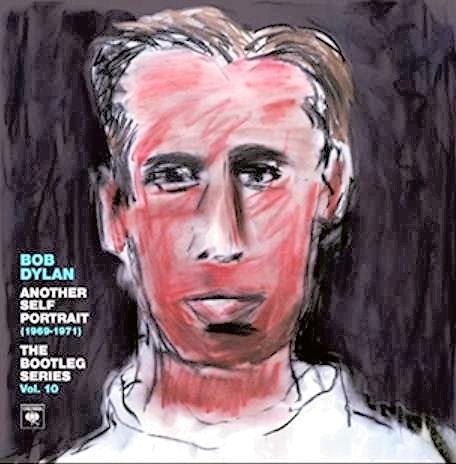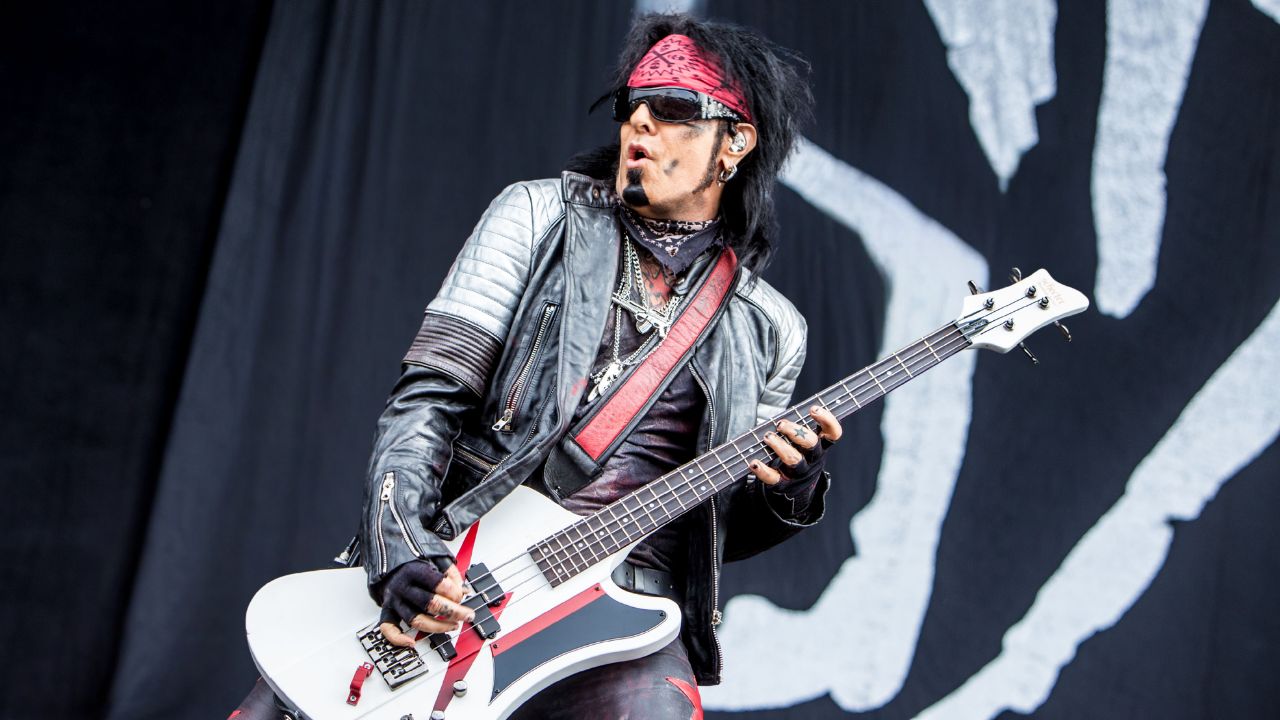Album Review: Bob Dylan — 'Another Self Portrait (1969-1971), The Bootleg Series Vol. 10'
All the latest guitar news, interviews, lessons, reviews, deals and more, direct to your inbox!
You are now subscribed
Your newsletter sign-up was successful

The thing about being a fan of Bob Dylan is that the discovery of his greatness is never-ending.
In preparing to review the great new 10th volume of his Bootleg Series, Another Self Portrait (1969-1971), I was distracted by a host of bootlegs that have been sitting on my hard drive, unlistened to for ages.
After spending a few days with Another Self Portrait, my Dylan jones seriously piqued, I rooted around and found a spectacular soundboard of Dylan with the Band from Madison Square Garden in 1974.
Then I dove into a fan-compiled bootleg of songs from Modern Times from his 2007 European tour, outtakes from Pat Garrett and Billy The Kid and sessions with Carl Perkins, Johnny Cash, Marshall Grant and WS Holland from 1969, and George Harrison, Charlie Daniels, Billy Mundi and Bob Johnson from 1970.
Thoroughly engrossed and completely distracted by the task at hand, I got back to Another Self Portrait. Much has been made about how great this release is and how it eclipses Dylan’s 1970 album, Self Portrait, by a long stretch. Both are true, but that has been true about much of Dylan’s Bootleg Series.
Live 1975: The Rolling Thunder Revue was arguably a more consistent and engaging portrait of Dylan in that period. And Tell Tale Signs: Rare and Unreleased 1989–2006 was a stunning trip through later-period Dylan, particularly highlighting the strength of his oft-overlooked pre-Time Out Of Mind output. Perhaps even moments of — let the heresy commence — Live 1964: Concert at Philharmonic Hall and Live 1966: The Royal Albert Hall best Dylan’s revered studio work of those same periods.
Or do they? The reality is that all of these releases have forced us to revisit and reassess various periods of Dylan’s career and what we — as reviewers or simply fans — have discovered is that he has always been great; we just might not have noticed at the time.
All the latest guitar news, interviews, lessons, reviews, deals and more, direct to your inbox!
Many reviews of Another Self Portrait, in making the argument that it is significantly stronger than Self Portrait, have noted that much of what Dylan recorded and moved on from but didn’t release circa 1970 were essentially masterpieces unloved or under-appreciated by their creator.
I went back and listened to Self Portrait, something I hadn’t done in a long time. It’s great. It’s more finished and of its time than its Bootleg Series counterpart, but the thing that struck me in reflecting on this entry in the series and the nine volumes that came before it — not to mention Dylan’s official studio output — was the consistency of Dylan’s output. It’s all great. Seriously.
To those who quibble about his ragged voice or “weird” delivery or reinventing his classics or “that” Christmas album or the idiosyncratic nature of his muse, look no further than Mumford & Sons or Dawes or Fleet Foxes or Jack White — or the plethora of bearded banjo players or pixies in hoop skirts that populate YouTube and Facebook — to see that just about every aspect of Dylan’s career is represented in what we music lovers like to think of as “real” music.
So what does Another Self Portrait show us? That Dylan was there first, he did it better, and we’re just playing catch up.
I could tell you about all the cool moments or outstanding tracks on Another Self Portrait, but if you’re a fan, you’ve already poured over the many hand-wringing reviews that have been all over the Internet in the past weeks. Dylan sounds great, the songs and performances are peerless, and though stylistically Another Self Portrait is a bit all over the place (owing mostly to the fact that the sessions the material is culled from spans three years) it also is remarkably coherent. The deluxe edition even includes Dylan's 1970 Isle of Wight appearance with the Band. It may not be what you expect from this infamous pairing — it's not quite like his 1966 or 1974 tours with the Band — but it's astonishing nonetheless and further proof that then as now, and at almost every point in his career, Dylan was in total command of his skills as a performer.
The guitar work — whether acoustic strumming or flat-picking, punchy electric lines and pedal steel — is stellar and, most of all, tasteful throughout. In essence, Another Self Portrait is a five-star album any music lover should have in his or her collection. It’s great music, played by a true master that you’ll enjoy over and over. And you might just learn something and gain some perspective on Dylan and music in general in the process.
Now that’s saying something.
Jeff Slate is a NYC-based solo singer-songwriter and music journalist. He founded and fronted the band the Badge for 15 years beginning in 1997 and has worked with Pete Townshend, Earl Slick, Carlos Alomar, Steve Holley, Laurence Juber and countless others. He has interviewed and written about everyone from the Beatles and Kiss to Monty Python and rock musicals on Broadway. He is an avid collector of rock and roll books and bootlegs and has an encyclopedic knowledge of all things Dylan and the Beatles. For more information, visit jeffslate.net.
